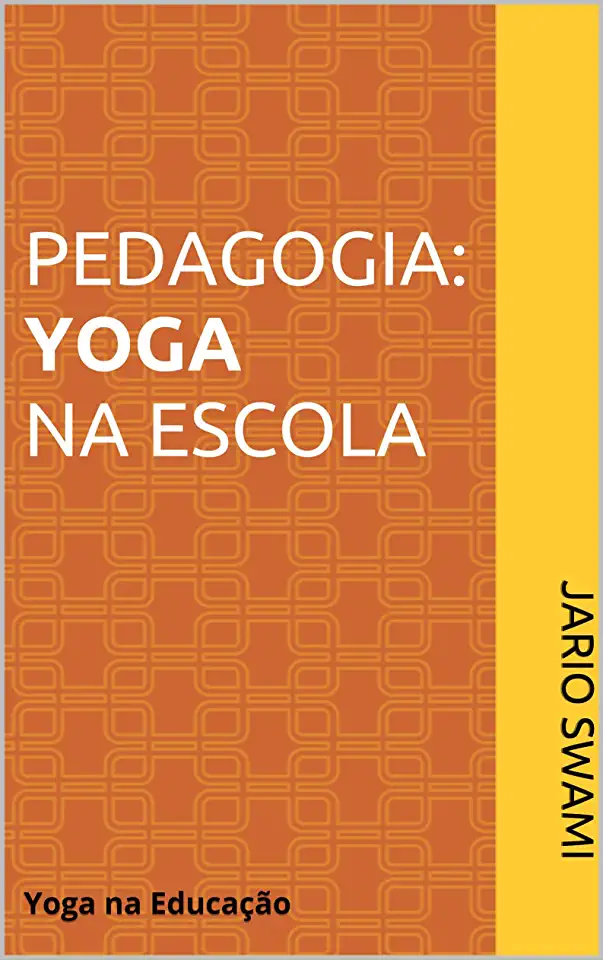
Pedagogy in the School of Differences - Maria Teresa Mantoan
Pedagogy in the School of Differences: A Journey into the Heart of Education
Introduction: Embracing Diversity and Inclusion in Education
In a world marked by increasing diversity and complexity, the need for an inclusive and transformative pedagogy has never been more urgent. Maria Teresa Mantoan's groundbreaking book, "Pedagogy in the School of Differences," offers a profound exploration of education that embraces the richness of human diversity and fosters a culture of respect, understanding, and empowerment.
Understanding the School of Differences
Mantoan introduces the concept of the "School of Differences" as a metaphor for an educational environment that celebrates the unique qualities and experiences of each individual. She argues that traditional educational systems often perpetuate homogenizing practices that suppress diversity and marginalize certain groups. In contrast, the School of Differences promotes a pedagogy that recognizes and values the diverse backgrounds, perspectives, and identities of students and educators alike.
Key Principles of Pedagogy in the School of Differences
Mantoan outlines several key principles that underpin pedagogy in the School of Differences:
Recognition of Diversity: Acknowledging and embracing the diverse backgrounds, experiences, and identities of students and educators.
Inclusion and Equity: Ensuring that all individuals have equal opportunities to participate, learn, and thrive in the educational process.
Respect and Empathy: Fostering a culture of mutual respect, understanding, and empathy among students and educators.
Critical Thinking and Dialogue: Encouraging critical thinking, open dialogue, and respectful debate on issues of diversity, equity, and social justice.
Empowerment and Agency: Empowering students and educators to take ownership of their learning and actively contribute to the educational process.
Transformative Practices for Inclusive Education
Mantoan presents a wealth of practical strategies and transformative practices that educators can implement to create a School of Differences:
Culturally Responsive Curriculum: Designing curricula that reflect the diverse experiences and perspectives of students from different backgrounds.
Inclusive Teaching Methods: Employing teaching methods that cater to different learning styles and accommodate students with diverse needs.
Collaborative Learning Environments: Creating collaborative learning environments that encourage students to learn from and with each other, fostering a sense of community.
Social Justice Education: Integrating social justice education into the curriculum to raise awareness about issues of inequality and empower students to become agents of change.
Professional Development for Educators: Providing ongoing professional development opportunities for educators to enhance their understanding of diversity and inclusion and develop culturally responsive teaching practices.
Benefits of Pedagogy in the School of Differences
Mantoan highlights the numerous benefits of implementing pedagogy in the School of Differences:
Enhanced Student Learning: Students thrive in inclusive learning environments that value their unique perspectives and experiences, leading to improved academic outcomes.
Social and Emotional Development: Students develop empathy, respect, and understanding for others, fostering positive social and emotional development.
Preparation for a Diverse World: Graduates of the School of Differences are better equipped to navigate and contribute to a diverse and interconnected world.
Building a Just and Equitable Society: Pedagogy in the School of Differences contributes to the creation of a more just and equitable society by promoting inclusivity, diversity, and social justice.
Conclusion: A Call to Action for Transformative Education
"Pedagogy in the School of Differences" is a powerful call to action for educators, policymakers, and society at large to embrace diversity and inclusion as essential pillars of education. By nurturing a pedagogy that celebrates differences and empowers all individuals, we can transform education into a force for positive change and build a more just and equitable world.